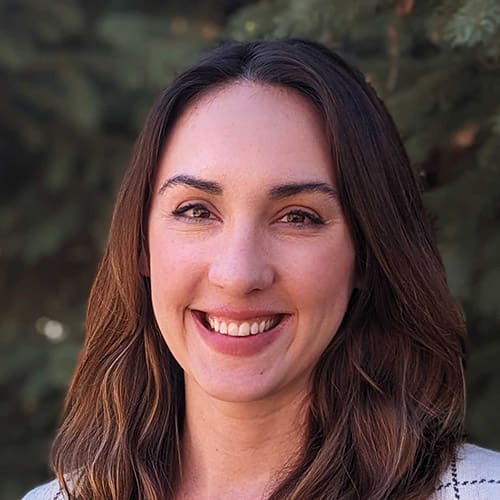Alternatives to Nursing Homes: Your Options, Explained

Nursing homes, also known as skilled nursing facilities, are for people who need more advanced health care or require round-the-clock assistance with activities of daily living (ADLs). This level of care is provided in a residential facility, rather than at home. For seniors who wish to remain independent but need some assistance, alternatives such as assisted living, residential care homes, adult daycare, independent living, or home care may be more appropriate. Depending on the level of care your loved one needs, their financial situation, and whether they’re willing to move, there are a variety of senior living options.
Let our care assessment guide you
Our free tool provides options, advice, and next steps based on your unique situation.
Key Takeaways
- For seniors who need assistance with daily activities, assisted living or residential care homes may be the best fit.
- Many seniors wish to receive care at home as they age, and home care agencies may help keep them in their homes longer.
- If independence and community are the priority, senior apartments or independent living offer options for seniors 55+.
- Nursing homes offer 24/7 skilled nursing care for seniors who need advanced medical care and supervision.
Assisted Living
Typically, an assisted living community functions similarly to an apartment community, with the bonus of on-site assistance and care. They usually also provide social activities, such as clubs or game nights.
Residential care homes and adult foster homes
Like assisted living communities, residential care homes offer an independent lifestyle with the benefit of access to care on-site. Residential care homes tend to be smaller and more personal than an assisted living community.
Adult foster homes also provide care to adults in a homelike setting. It’s important to note that this term has different meanings in different states and may often be used interchangeably with residential care homes.
In states that differentiate adult foster homes from residential care homes, adult foster homes typically have fewer than five adults at a time, meaning that more personalized one-on-one care can be provided. Adult foster homes can be a more individualized alternative to a nursing home, as they provide some similar benefits including 24/7 supervision.
Adult day care
Adult day care provides a place for seniors who need assistance to have a safe, comfortable, and engaging space during the day. It’s often a more economical choice than hiring home care services for extended hours during the day.
Senior apartments and independent living
Senior apartments and independent living communities are designed for seniors who don’t need daily assistance but want an easier lifestyle with fewer home maintenance tasks. If this sounds like your loved one, home care is one way to provide that assistance without requiring your loved one to move.
Home care
Home care takes place at your loved one’s residence and services range from help with ADLs to skilled nursing care services. This can be a good option for a senior who has some daily care needs and wants to remain in their own home, whether that’s their house, apartment, or an independent living community.
It can also be a temporary option, such as transitional home care when recovering from a surgery or returning home from a hospital stay.

Let our care assessment guide you
Our free tool provides options, advice, and next steps based on your unique situation.
Comparing nursing home alternatives
Your loved one’s desire for independence, level of care needs, their health concerns, their doctor’s advice, and financial considerations are important factors in determining which alternative to a nursing home will be the most appropriate. In this chart, we break down some of the financial and choice factors to help you and your parent plan for their care.

Nursing homes questions? Get expert help
Tell us your care needs to receive personalized guidance from our advisors.
Finding a nursing home alternative
After you talk with your loved one about what they want and need, consider talking with a financial advisor about covering long-term care costs. A Place for Mom’s Senior Living Advisors can also help. They’ll walk through next steps, recommend care near your parent, and answer questions you have along the way — all at no cost to your family.
Families also ask
Which is more expensive, assisted living or a nursing home?
At a little more than $10, 000 per month for a private room, nursing homes are the most expensive type of senior living due to their 24/7 skilled nursing care. A less intensive level of care is provided to residents of an assisted living community, where costs are typically around $5, 190 per month.
Do all nursing homes take dementia patients?
While nursing homes aren’t permitted to discriminate, they can refuse entry to someone who needs more care than they can provide or someone whose presence endangers others’ health and safety.
Genworth Financial. (2024). Cost of Care Survey.
A Place for Mom. (2025). Cost of long-term care and senior living.
Nursing homes in all states
The information contained on this page is for informational purposes only and is not intended to constitute medical, legal or financial advice or create a professional relationship between A Place for Mom and the reader. Always seek the advice of your health care provider, attorney or financial advisor with respect to any particular matter, and do not act or refrain from acting on the basis of anything you have read on this site. Links to third-party websites are only for the convenience of the reader; A Place for Mom does not endorse the contents of the third-party sites.
Nursing Homes options tailored to your needs
Nursing Homes options tailored to your needs